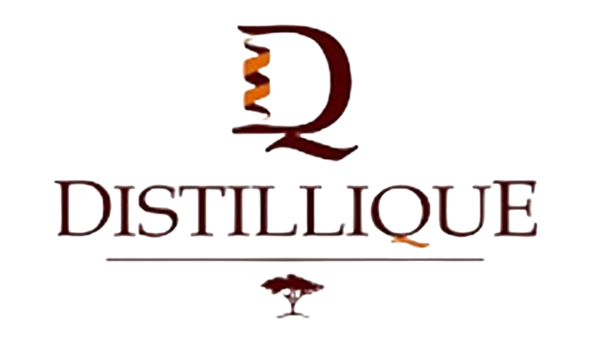Fire, Spirits & Semantics: Curious Tales from Alcohol’s Long History
Kristi van der RietThe story of alcohol is not just about fermentation and distillation — it’s a tapestry woven from culture, catastrophe, language, and law. From the etymology of the word alcohol to a tragic blaze in the heart of Dublin, the history of our favourite spirituous beverages is richer (and stranger) than you might expect.
What’s in a Name? The Origin of the Word “Alcohol”
The word alcohol comes from the Arabic "al-kuḥl", which originally referred to a fine metallic powder used as eyeliner (yes, really). The term evolved in medieval alchemical texts, eventually referring to any purified or "sublimated" substance — and then, by the 16th century, specifically to the purified spirit of wine obtained by distillation.
This linguistic lineage reminds us how much distillation was once considered a mysterious, almost magical process — the domain of alchemists and physicians before it ever became a commercial or recreational activity. Even today, there’s something a bit mystical about turning humble feedstocks into something refined, volatile, and full of flavour.
The Gin Craze: London’s 18th-Century Alcohol Epidemic
In the early 1700s, gin became wildly popular among the poor in London — so much so that the period became known as the Gin Craze. The government had encouraged spirit production to use up surplus grain and reduce reliance on imported French brandy, but the social consequences were disastrous.
With gin cheaper than beer and often sold by the thimbleful in back alleys and slums, public drunkenness, crime, and death skyrocketed. One infamous image of the era, Gin Lane by William Hogarth, shows a mother dropping her baby while swilling gin. The crisis prompted the Gin Acts, which tried (unsuccessfully at first) to regulate production and sales.

The lesson? Without responsible consumption, even the most elegant spirit can turn society into a cautionary tale.
When the Streets Ran with Whiskey: The Great Dublin Fire of 1875
It was a calm summer night on 18 June 1875, when fire broke out in Malone’s Bonded Warehouse on Chamber Street in Dublin. The building, packed with over 5,000 barrels of whiskey, soon became an inferno. As barrels burst from the heat, flaming whiskey rolled down the cobbled streets, reportedly forming streams 60 cm deep and flowing as far as Mill Street — igniting everything in its path.

By Illustrated London News - https://www.ulyces.co/news/ces-5-villes-ont-connu-les-catastrophes-les-plus-extravagantes/, South Dublin County Libraries, Public Domain
Locals, understandably confused (and maybe a bit too excited), attempted to collect the burning whiskey in pots, pans, hats, and even boots. Some drank the flaming liquor right off the streets. Tragically, 13 people died, not from the fire itself, but from alcohol poisoning. The bizarre event became a symbol of the double-edged nature of distilled spirits: fire in the glass — and sometimes, fire on the street.
The Prohibition Disaster: The US Government’s Deadly "Toxic Alcohol" Program
During Prohibition in the United States (1920–1933), when the production and sale of alcohol were illegal, millions turned to industrial alcohol — legal alcohol to use in manufacturing but had been “denatured” (made poisonous) to discourage drinking.
The shocking twist? In 1926, the US government intentionally increased the toxicity of industrial alcohol in an attempt to deter bootleggers and drinkers. The result was horrific: over 10,000 people are believed to have died from consuming tainted spirits. It was one of the darkest chapters in alcohol history — and a chilling reminder of how law enforcement and public health policy can clash in devastating ways.
Why These Tales Still Matter
At Distillique, we love sharing these stories not just for their entertainment value, but because they underscore the importance of what we do. Whether you’re distilling at home or setting up a full-fledged commercial operation, you’re participating in a craft with centuries of evolution, experimentation, and risk behind it.
From managing flammable vapours to staying compliant with modern legislation, it’s vital to respect the process. And as those Dubliners learned the hard way — safety always comes first, even when the streets seem paved in whiskey.
